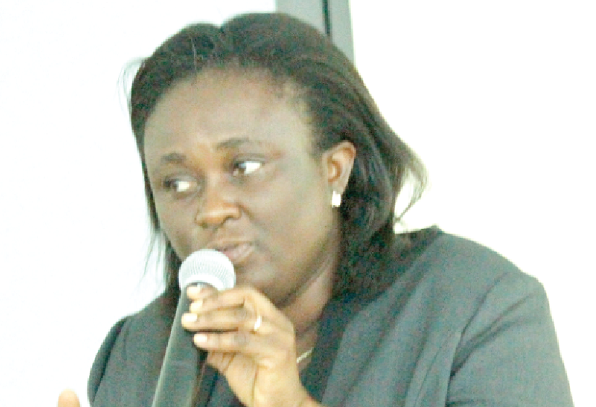
Adequate care improves condition of children with cerebral palsy — Survey
A two-year research conducted by the Presbyterian Health Service has revealed that the condition of children living with cerebral palsy significantly improves when given adequate attention by caregivers.
Advertisement
The findings of the research which was presented at a ceremony in Accra yesterday further revealed that a lot needed to be done to support the caregivers.
The research indicated that caregivers normally found it difficult to combine work and other activities with full-time caregiving.
“A lot of support from family and community members is, therefore, needed to augment the efforts of the actual caregivers,’’ the research stated.
The research, an initiative of the Presbyterian Health Service, Christian Blind Mission and the International Centre for Evidence in Disability Contribution, is aimed at improving health care in cerebral palsy across the globe.
A physiotherapist from the University of Ghana, Mrs Gifty G. Nyante, said the objective of the research was to assist mothers on how to care for children suffering from the condition.
Malnutrition
A research fellow from the International Centre for Evidence in Disability, Maria Zuurmond, in a presentation, said children with cerebral palsy were faced with the problem of malnutrition.
In the survey, she said, 70 per cent of children were classified as being underweight, stunted or wasted.
Training
According to Mrs Nyante, during the research parents were taught how to position children suffering from the condition and this made an impact on their way of handling such children.
‘’Some who could not stand are now standing due to the positioning,” she said.
Challenges
Ms Nyante said the research did not attract enough funding, resulting in problems of lack of logistics and other facilities needed for the project.
‘’The facilitators visited the care givers at least once in a month ,’’ she said.
Mrs Nyante said language was also a big challenge in communicating to parents during the research processes. .
Health
The Deputy Director, Reproductive and Child Health, Dr Isabella Sagoe-Moses, said the challenges facing the health sector was lack of training for staff handling cerebral palsy conditions.
Dr Sagoe-Mores said the Health sector would consider the issue of how workers could be well trained in order to be efficient in health delivery.
Background
Cerebral Palsy is a common cause of physical disability in children worldwide. It is caused by damage to the brain. Children with cerebral palsy may also have epilepsy, visual and hearing impairment and intellectual impairment.




